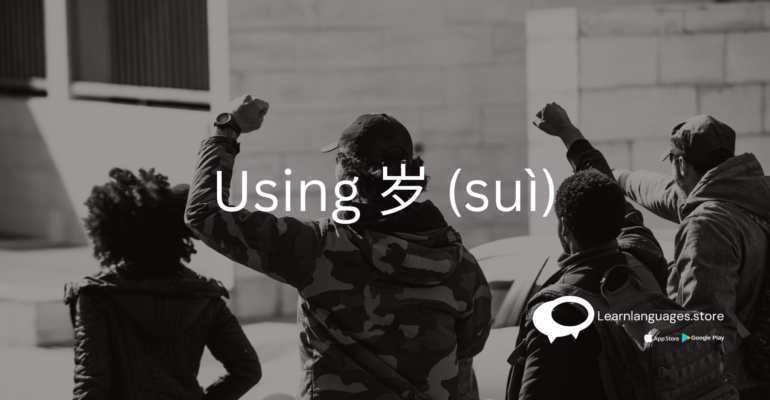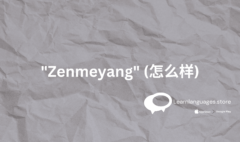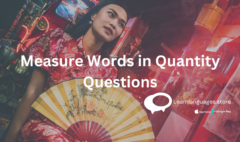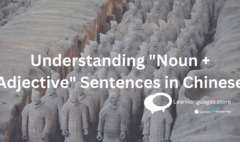Understanding and Using 岁 (suì) to Describe Age in Chinese
Understanding and Using 岁 (suì) to Describe Age in Chinese
Estimated reading time: 4 minutes
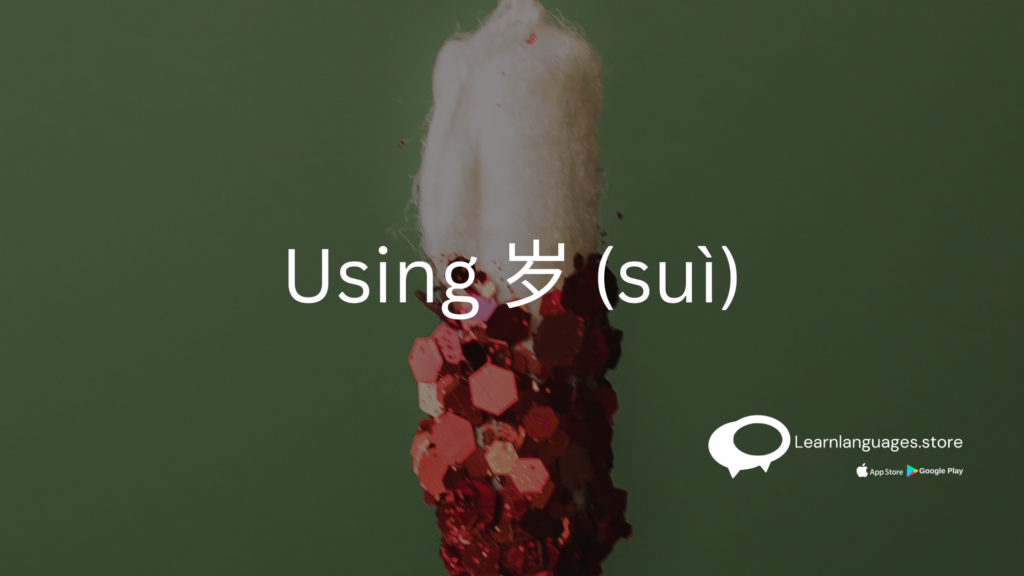
When learning Chinese, one essential concept to master is describing age using the word 岁 (suì). This word functions similarly to “years old” in English but has specific grammar rules that make it unique. This blog post will provide an in-depth explanation of how to use 岁 (suì), including structures, examples, and nuances.
Basic Structure for 岁 (suì)
The basic structure for stating someone’s age with 岁 (suì) is straightforward: Subj. + Number + 岁
This formula is equivalent to saying “Subject is X years old” in English. Notably, there’s no need to include a verb such as 是 (shì) or a measure word like 个 (gè) when using 岁 (suì).
Examples:
- 我 20 岁。
- Pinyin: Wǒ èrshí suì.
- Translation: I am 20 years old.
- 我 儿子 一 岁。
- Pinyin: Wǒ érzi yī suì.
- Translation: My son is one year old.
- 我 妈妈 今年 45 岁。
- Pinyin: Wǒ māma jīnnián sìshíwǔ suì.
- Translation: My mother is 45 years old this year.
- 你 爷爷 今年 80 岁 吗?
- Pinyin: Nǐ yéye jīnnián bāshí suì ma?
- Translation: Is your grandpa eighty years old this year?
- 他 女朋友 也 20 岁 吗?
- Pinyin: Tā nǚpéngyou yě èrshí suì ma?
- Translation: Is his girlfriend also twenty years old?
Common Mistakes to Avoid
When using 岁 (suì), it’s important to remember not to include the verb 是 (shì) or the measure word 个 (gè). Here are some incorrect examples and their corrected versions:
- Incorrect: 我 的 孩子 一 个 岁。
- Pinyin: Wǒ de háizi yī gè suì.
- Correction: 我 的 孩子 一 岁。
- Pinyin: Wǒ de háizi yī suì.
- Translation: My child is one year old.
- Incorrect: 我 的 孩子 是 一 岁。
- Pinyin: Wǒ de háizi shì yī suì.
- Correction: 我 的 孩子 一 岁。
- Pinyin: Wǒ de háizi yī suì.
- Translation: My child is one year old.
Adding “And a Half” to an Age
To specify ages that include half years, you use the word 半 (bàn), meaning “half,” after 岁 (suì).
Structure:
Subj. + Number + 岁 + 半
Examples:
- 她 两 岁 半。
- Pinyin: Tā liǎng suì bàn.
- Translation: She is two and a half years old.
- 我 儿子 一 岁 半。
- Pinyin: Wǒ érzi yī suì bàn.
- Translation: My son is one and a half years old.
Practice and Usage Tips
To become proficient in using 岁 (suì), practice by stating the ages of your family members, friends, or even celebrities. Create sentences and ask native speakers to correct your grammar if necessary. Here are a few practice sentences:
- 我 女儿 今年 五 岁 半。
- Pinyin: Wǒ nǚ’ér jīnnián wǔ suì bàn.
- Translation: My daughter is five and a half years old this year.
- 你 父母 今年 多 大 岁数?
- Pinyin: Nǐ fùmǔ jīnnián duō dà suìshu?
- Translation: How old are your parents this year?
Conclusion
Using 岁 (suì) to describe age in Chinese is a fundamental skill that, with practice, can be mastered easily. Remember the basic structure, avoid common mistakes, and practice with real-life examples. Soon, you’ll find describing age in Chinese as natural as in your native language. Happy learning!
Learn Languages Store
Vashi,
Email: services@learnlanguages.store

